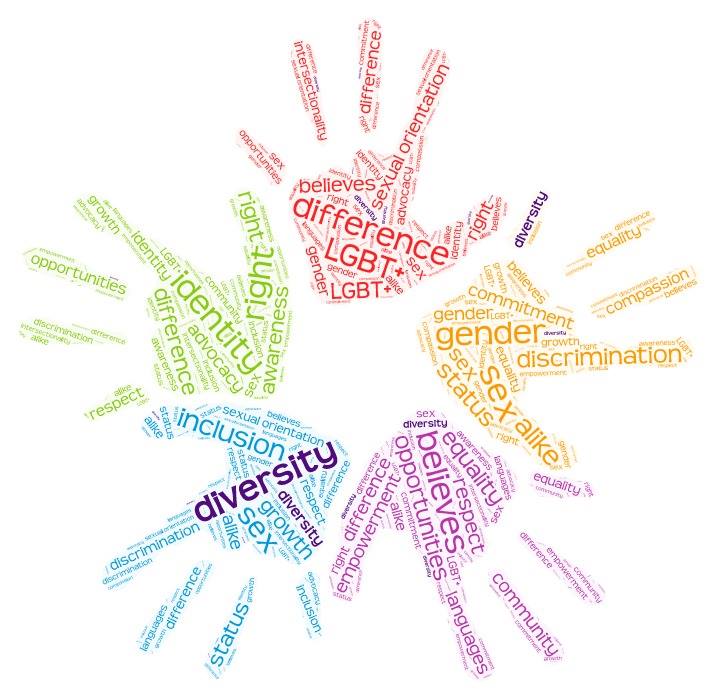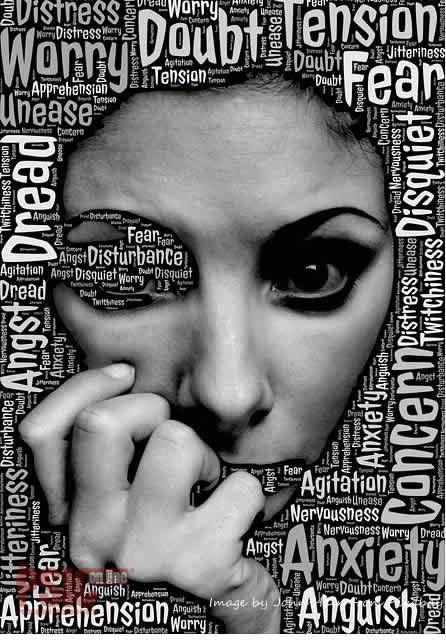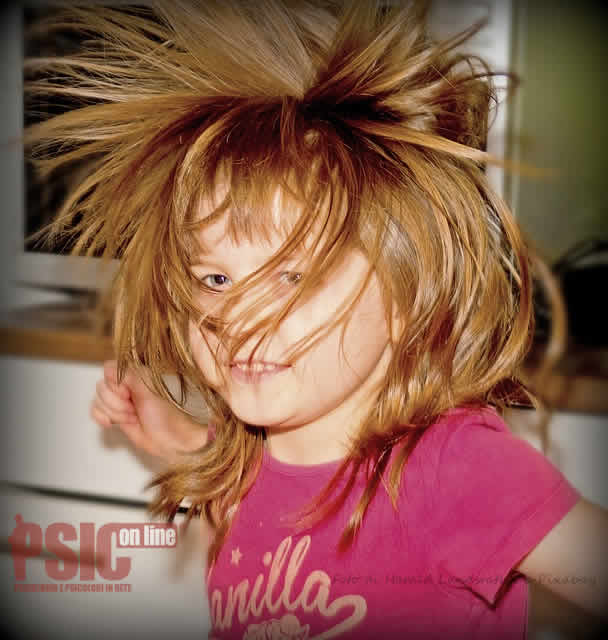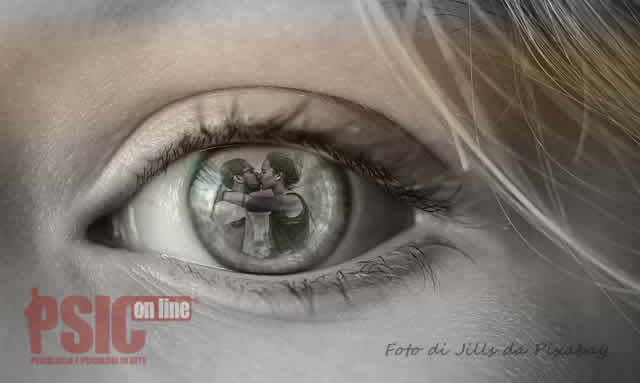
20123 Milano MI, Italia
This two-day workshop presented by two of Britain’s leading therapists and sexologists will provide an opportunity for behavioural and sexual health professionals to update their knowledge and practice on a wide range of issues around gender, sexuality and relationship diversity. This is a field which is moving very rapidly, and it’s our experience that therapists often feel bewildered by the range of identities, and sexual practices and relationship issues clients are presenting for help with. We will use a mixture of experiential learning as well as more formal didactic and discussion-based learning styles. The workshop will focus on new cultural ways of seeing gender sexuality and relationships impact our clients. We will explore sexuality, diverse sexual practices and lifestyles (including lesbian, gay, bisexual, asexual and BDSM/Kink identities) and offer some clinical guidelines for best practice; we will also explore some of the ways people are conducting their relationships focussing in particular on ‘the new monogamy’, consensual nonmonogamies and other relationship styles.
Programme
Day 1: Exploring Gender, Sexual & Relationship Diversity: Good Practice and Self-Reflection - Open to psychologists, psychotherapists, sexologists, medical doctors and also to university students and to general public
Morning: Gender, Sexual, and Relationship Diversity (GSRD)
9.30 Introductions and invitation to ground-rules for the weekend
10.00 How do our cultures understand gender, sexuality, and relationships?
10.30 Why is this relevant to mental health and therapy?
11.00-11.15 Break
11.15 Labels and identities
11.40 Situating the current view in time and place: intersectionality
12.15 The legacy of non-affirmative and pathologising practice: working affirmatively
12.45-13.15 Lunch
Afternoon: Sex/Gender, Sexuality, Relationships
13.15 A biopsychosocial understanding of sex/gender
13.45 Working with gender diverse clients in transphobic times
14.15 Dimensions of sexuality: identities, practices/experiences, and attractions
14.45-15.00 Break
15.00 Working with people who want to change their sexuality
15.30 Relationship ideals
16.00 Working across relationship diversity
16.30 Takeaways from the day
17.00 Day Ends
Day 2: Clinical Issues and Case Discussions - Open to psychologists, psychotherapists, sexologists, medical doctors -
09.30 Introductions
10:30 The socio-historical context of providing therapy to diverse marginalised communities
11:00-11.15 Break
11:15 Core theoretical concepts for GSRD Therapy & practice guidelines
12:00 Case studies in small groups
12:45-13.45 Lunch
13:45 Live supervision
14:30-14.45 Break
14.45 Fishbowl exercise
16:30 Further training needs and evaluation/feedback
17:00 Day Ends
Facilitators
Dr Meg-John Barker is the author of a number of popular books on sex, gender, and relationships, including Queer: A Graphic History, How to Understand Your Gender, Enjoy Sex (How, When, and IF You Want To), Rewriting the Rules, The Psychology of Sex, and The Secrets of Enduring Love. They have also written many books for scholars and therapists on these topics, drawing on their research and therapeutic practice, including the BACP resource on gender, sexual and relationship diversity (GSRD).
Dominic Davies is the Founder and CEO of Pink Therapy. He has worked as a psychotherapist, clinical sexologist and practice consultant for over 35 years. In 2007 he was made a Fellow of British Association for Counselling and Psychotherapy for his “outstanding contribution to the field”. In 2015 he received the Practitioner award from the Sexualities Section of the British Psychological Society. In 2016 he was made a Fellow of the National Counselling Society. Dominic (with Charles Neal) co-edited three of the first British textbooks on working with LGBT clients published in 1996 and 2000. He has pioneered the development of Gender and Sexual Diversity Therapy in the UK and Europe.
Altre date
- Da Sabato 24 Novembre 2018 09:30 a Domenica 25 Novembre 2018 17:30
↳ Sabato & Domenica






